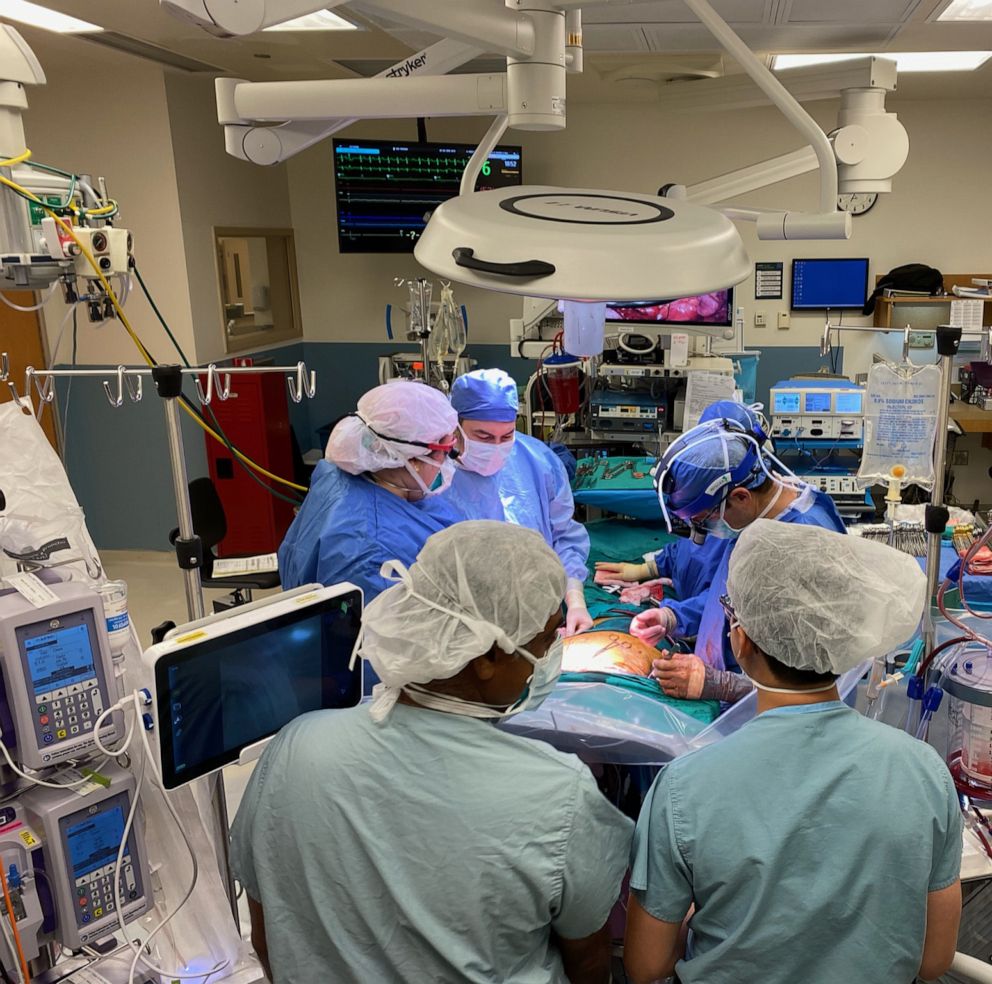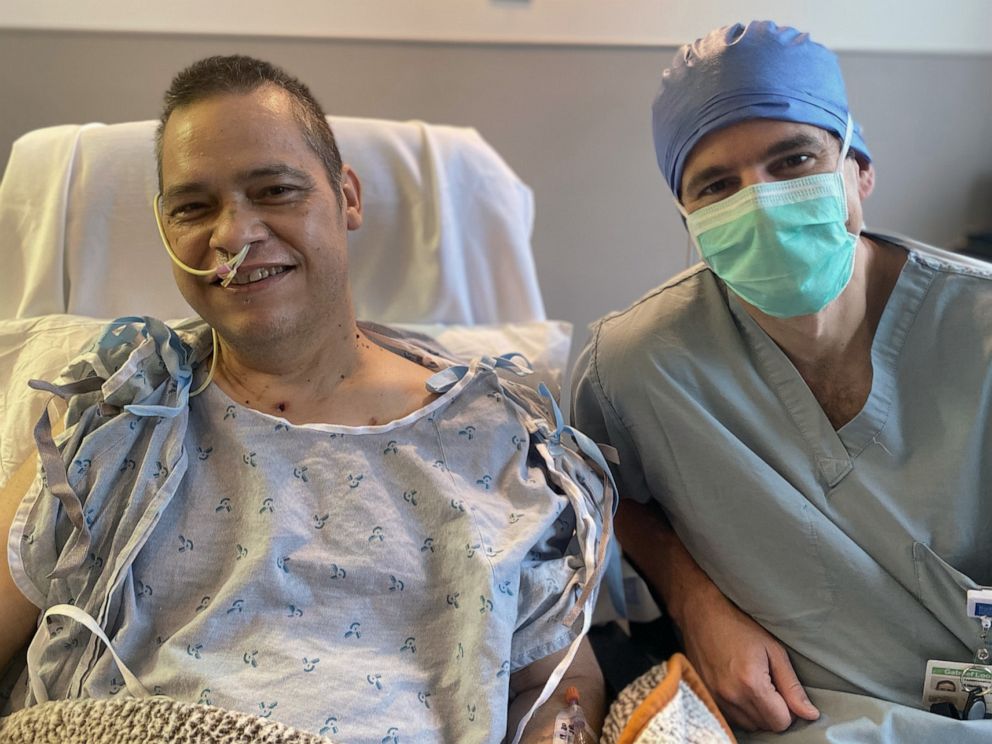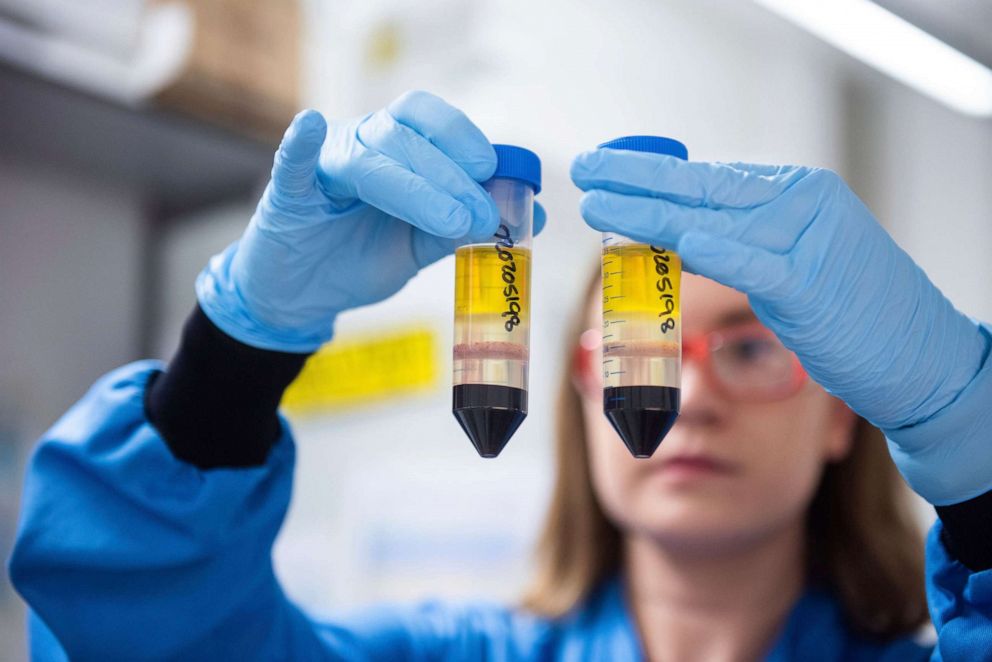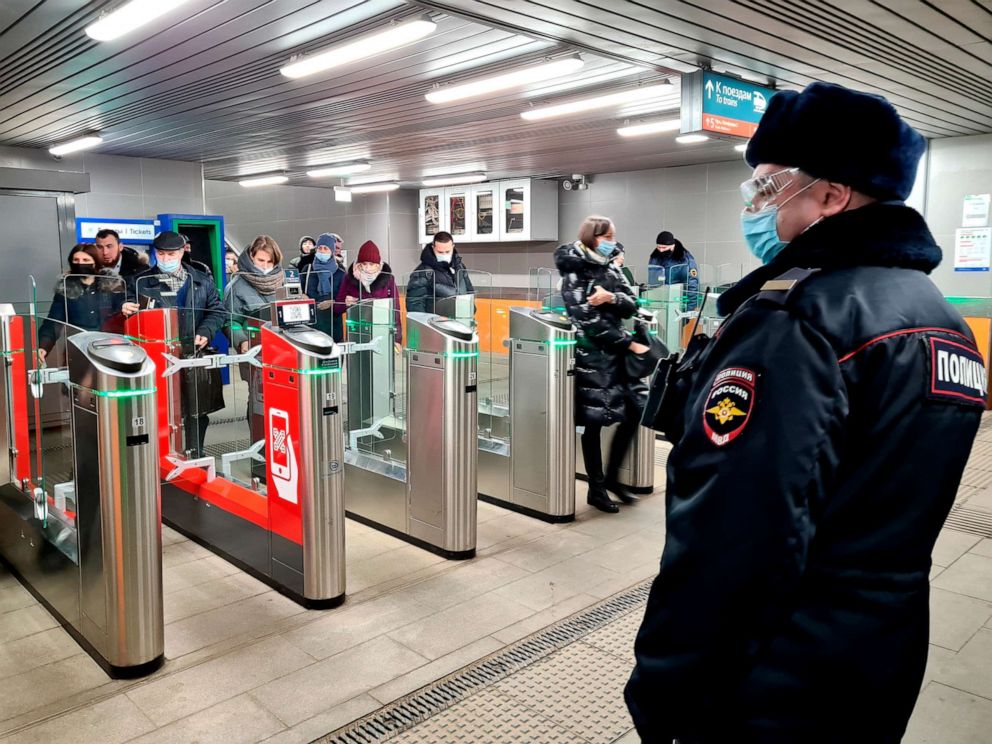COVID-19 patient with 'irreversible lung damage' recovers after transplant
A COVID-19 patient whose lungs had been severely damaged by the virus has made a miraculous recovery after undergoing a double lung transplant at a Texas hospital.
Paul Rodriguez, 52, of San Antonio, had no pre-existing conditions when he contracted the novel coronavirus and fell ill with pneumonia in July. Rodriguez was hospitalized at an area hospital in his hometown and required intubation as well as the use of a ventilator. Then in mid-September, Rodriguez was transferred to Baylor St. Luke's Medical Center in Houston for evaluation, "as it became clear that a lung transplant was his only chance of survival," according to a press release from the hospital, which said the patient had "irreversible lung damage."

Rodriguez was approved for a transplant and, within a week of listing, he received a brand-new set of lungs on Oct. 15. After being successfully weaned off the ventilator and oxygen support, Rodriguez underwent rehabilitation at Baylor St. Luke's Medical Center and was discharged on Nov. 24. He is expected to continue the rehabilitation program as part of his recovery, according to the press release.

"Rodriguez is the first double lung transplant the hospital has performed on a coronavirus patient since the pandemic began," Baylor St. Luke's Medical Center said in a statement. "To date, only a handful of transplant centers in the U.S. have performed lung transplants on patients due to irreversible lung damage caused by the virus."






